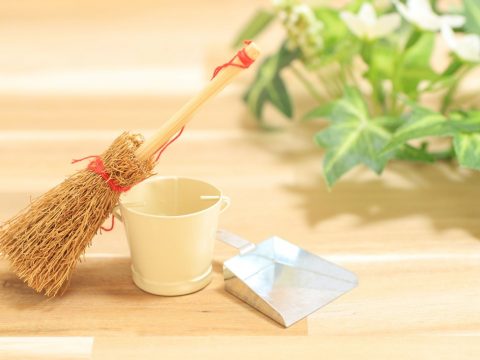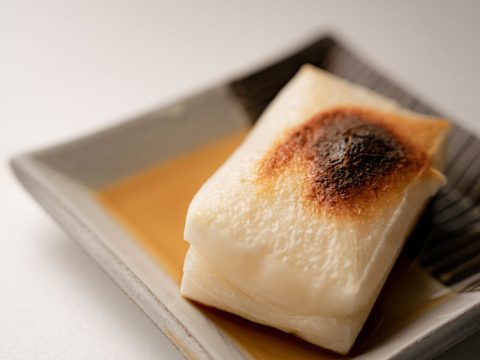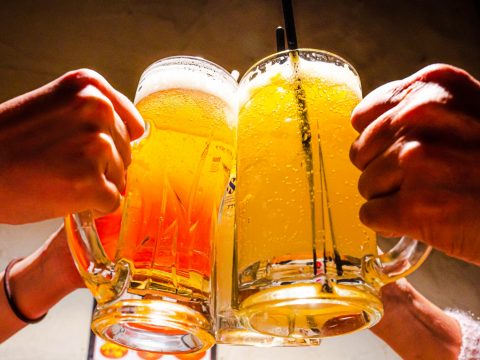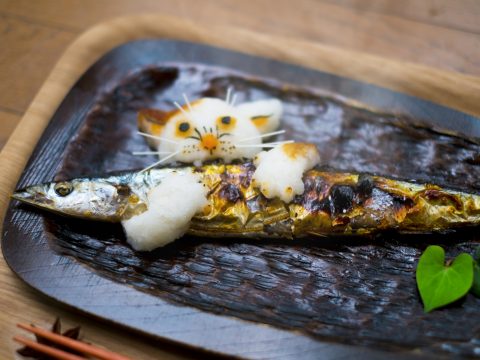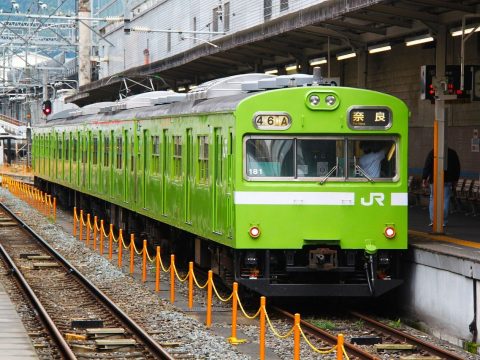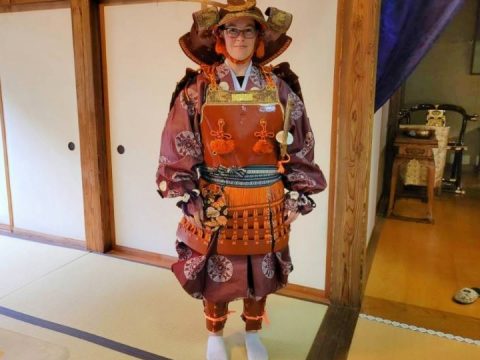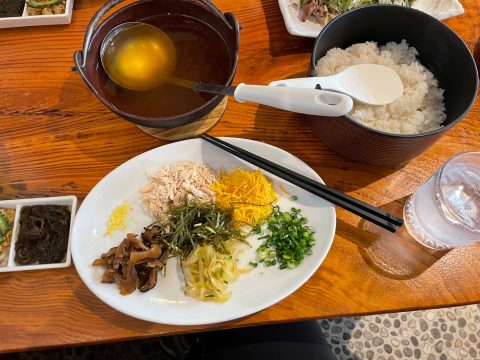Employee Benefits(福利厚生)
WORK’IN JAPAN
15.11.2025
When you are looking for a job, you probably check things like the work location, salary, and job description. But one thing I always make sure to check is the “employee benefits” package.
Employee benefits can be categorized into two types: “statutory benefits,” which companies are legally obliged to provide to their employees, and “non-statutory benefits,” which are not legally required. Statutory benefits in Japan include health insurance, employee pension insurance, employment insurance, and worker’s compensation insurance.
This time, I’d like to talk about the non-statutory benefits I have personally experienced while working and what I heard from my friends.
Company Housing and Rent Subsidies
At the first company I worked for after becoming a working adult, they offered company-owned housing as a benefit, and I lived there for about four years. Usually, “company dormitories” might suggest shared meals, but my company housing was virtually the same as a regular apartment. However, the rent was incredibly cheap—about half the market price, including utility costs.
It was a little inconvenient, as I had to share a washing machine and dryer, and it was about an hour away from the office. But many of my colleagues lived there, and as it was my first time living alone, having them nearby was a great comfort.
Furthermore, a friend of mine had a rent subsidy as part of their benefits package, where the company covered half of their rent. Having company housing or rent subsidies is certainly a huge help!

Company Trips and Company-Owned Retreats
Some companies offer employee trips. I was taken on company trips to Nagano and Gunma. The time spent with senior colleagues and peers, with whom it was normally difficult to talk because of busy schedules, has become a truly precious memory.
Also, some companies own hoyo-jo (company-owned recreational facilities/retreats). A hoyo-jo is generally a resort-like accommodation where employees can stay at a significantly reduced rate. I have never used one, but my boss once told me how much he enjoyed taking his family on a trip using the company’s retreat.

Unique Benefits Based on Occupation
Employee benefits can vary depending on the company and the type of job. A friend who worked in the apparel industry mentioned that she could buy clothes at about half price. Another friend, working as an engineer, told me the company covers the cost of work-related books up to a set amount. When I worked in international trade administration, I was able to take classes for English conversation, Microsoft Office, and trade-related subjects. And when I worked at a beer bar, I could have one free beer of my choice on the days I worked!
Utilize Benefits for a More Fulfilling Life
Are there any common employee benefits in your country? In Japan, many companies also offer annual health check-ups, transportation allowances, employee cafeterias, and “No Overtime Days”. Recently, more companies have been introducing systems related to childcare and elderly care. It’s a good idea to check these things before applying to find a company that suits your lifestyle.
If you are working in Japan, be sure to check your company’s benefits—you might discover an unknown system you could be using!

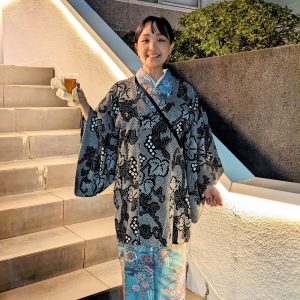
Junko Mikami
Junko was born and raised in Kanagawa Prefecture. She spent about three years working and traveling in New Zealand and Australia, followed by trips to North America, Southeast Asia, and Northern Europe. Living abroad made her appreciate Japanese food and culture even more. She now lives in Tokyo, Japan with her American husband.
Read previous articles by the writer
Read latest articles
KEYWORDS
- # PICKPICK
- # Resume
- # alcohol
- # Rice
- # Soup
- # winter food
- # Fast Food
- # seafood
- # spicy foods
- # raw food
- # fermented food
- # Transportation
- # MEAT
- # Edo culture
- # suits
- # clothing
- # drink
- # fish
- # seasoning
- # Japanese New Years Foods
- # Toshikoshi soba
- # Osechi Ryori
- # Ozoni
- # Christmas
- # Japanese fusion pasta
- # Wafu Pasta
- # Japanese Hot Pot
- # なべ
- # 鍋
- # Miyazaki
- # Chicken Nanban
- # Karamen
- # Autumn Wagashi
- # Mushi-yokan
- # Imo-yokan
- # Japanese Autumn Fruits
- # Autumn
- # Vending Machine
- # fall
- # dango
- # Chestnut rice
- # saury
- # Mushroom
- # Rice vinegar
- # Japanese condiments
- # 調味料
- # Sake
- # Mirin
- # Soy sauce
- # Japanese Noodles
- # Udon
- # Ramen
- # Yakisoba
- # Soba
- # Japanese Seaweed
- # 海藻
- # かいそう
- # Payslip
- # Training
- # Japanese summer foods
- # 和菓子
- # Wagashi
- # ryokucha
- # 夏
- # 飲み物
- # Ramune
- # ラムネ
- # Pokari Sweat
- # ポカリスエット
- # Calpis
- # カルピス
- # Mugicha
- # ume
- # 梅
- # うめ
- # umeshu
- # job hunting
- # tofu
- # Recruitment in Japan
- # miso
- # Japanese cuisine
- # Yellowtail and bonito
- # Children’s Day
- # Kashiwa Mochi
- # Chimaki
- # fruits
- # Kusamochi
- # Types of Agriculture in Japan
- # bread
- # パン
- # パン屋さん
- # japanese bread
- # shokupan
- # meal blead
- # anko bread
- # 桜
- # さくら
- # cherry blossom
- # visa
- # hanami
- # omotenashi
- # sakura
- # おもてなし
- # Japanese hospitality
- # oshibori
- # wet hand towel
- # hand towel
- # restaurant
- # Commuting in Japan
- # Women-only cars
- # Exit gate
- # japanese train
- # train
- # valentine
- # Japanese sweets
- # 朝食
- # Japanese Breakfast
- # Breakfast
- # Japanese
- # 日本
- # healthy
- # persimmons
- # hoshigaki
- # HR
- # work in Japan
- # jinji ido
- # corporate systems
- # Japanese work culture
- # bento
- # ekiben
- # shinkansen
- # omiyage
- # train station
- # Japanese culture
- # work culture
- # mentaiko
- # umeboshi
- # Japanese snacks
- # potato chips
- # Japanese potato chips
- # Japanese writing
- # seaweed
- # konbu
- # ocean foods
- # shio konbu
- # dashi
- # miso soup
- # food processing
- # pear
- # nashi
- # sweet potato
- # japanese sweet potato
- # stingray
- # satsuma imo
- # food value chain
- # homecooking
- # agriculture
- # Japanese homecooking
- # farming
- # nikujaga
- # shojin ryori
- # meat and potatoes
- # traditional foods
- # comfort food
- # buddhist food
- # manufacturing
- # factory
- # eihire
- # vegetarian
- # food and beverage
- # izakaya
- # yatai
- # japanese festival
- # taiyaki
- # matsuri
- # summer
- # Ikayaki
- # smart agriculture
- # shaved ice
- # kakigori
- # かき氷
- # summer dessert
- # Japan
- # Japanese foods
- # dessert
- # fruit
- # matcha
- # icecream
- # Pikcup
- # Pikc up
- # Pcikup
- # skilled labor visa
- # working visa japan
- # Dineer Table in Japan
- # Japanese manner
- # Japanese food
- # Japanese Table Manner
- # Chopsticks
- # Japanese traffic signs
- # traffic information
- # road rules in Japan
- # chocolate
- # green tea
- # Osaka
- # Work Japan
- # Japanese company
- # ikura
- # sushi
- # nigiri
- # wasabi
- # PCIK
- # PICK UP
- # PICK
- # PICKUP


